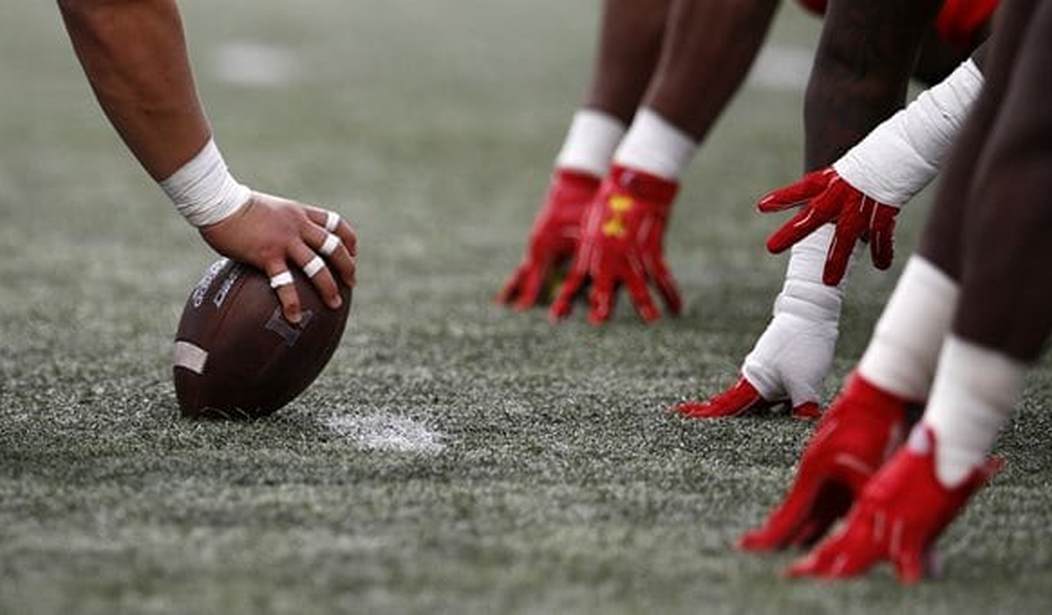Yesterday, the Louisiana High School Athletic Association announced a positioning statement allowing high school students to make name, image, and likeness (NIL) deals and profit off their athletic careers in high school. The sees Louisiana join California, New York, New Jersey, Kansas, Alaska, Utah, and Nebraska in allowing high school student-athletes to do so.
To call this controversial would be an understatement. NIL deals at the collegiate level, where the athletes are legally adults, are still viewed with suspicion by a not-insignificant number of Americans. To allow them at the high school level, where the athletes are not adults and have little understanding of the implications, raises a lot of red flags.
To their credit, the LHSAA is entering an agreement with Eccker Sports to help with some of this.
The LHSAA has partnered with Eccker Sports, to provide educational services and resources as it relates to NIL. The partnership with Eccker Sports will help high school principals and athletic directors, along with coaches, athletes and their families, to understand the challenges that NIL contracts can bring to the high school level.
Courses will be required for all principals and athletic directors.
Eccker Sports has launched a four-step approach to try to help athletes succeed in benefiting from NIL deals. The first step, as listed by the LHSAA, will be a video curriculum with six module courses to educate school leadership on the history of the NIL and the best practices to use. The first course will launch on May 1.
The second step will be a resource hub that will be provided that contains up-to-date state-by-state information. The third step, Coach Assist, is aimed to show high school coaches NIL templates and other tools that they can use to educate others. The final process that Eccker Sports has developed is a network of legal, financial and tax experts to help athletes and their families approach NIL opportunities effectively.
Courses will also be made available to coaches, athletes, and families so they can also learn the ins and outs of the NIL system. Having a network of tax and legal experts, in particular, will be good in preparing kids for this big change.
However, there are multiple concerns here that I don’t think NIL proponents take into consideration for the high school level. Before I continue, for those of you who don’t know: My day job is teaching and I have spent several years coaching middle school and high school student-athletes. I have, at times, been outspoken on issues like this. So, the perspective you’re getting here is one of an educator and coach concerned for the safety of the students.
On one hand, in many ways, NIL deals are similar to a kid setting up a lemonade stand in the summer. Should kids be prevented from making some money for themselves if they have a chance to do so? One of the most infuriating types of stories is where a government bureaucrat goes and shuts down a kid’s lemonade stand because of dumb regulations. Let a kid have a chance to make some money using whatever skill set they have (no, this is not a column advocating eliminating child labor laws).
On the other hand, the biggest difference between the two is that a lemonade stand doesn’t interfere directly with a kid’s education. But high school sports already skew the priorities of high school athletes and have more than once caused a student to get into academic trouble (or have encouraged schools to pass athletes along). Add the prospect of using their athletic performance to make good money in the short term and you have laid the groundwork for a student’s priorities to get majorly screwed up.
They are called “student-athletes” for a reason. My biggest worry is that it upends the entire point of high school athletics and opens kids up to exploitation by schools, coaches, local businesses, and even parents – all while shifting attention away from the “student” part of the equation. The athletics are supposed to come first.
I’m also worried about how something like this affects those who have while also potentially hurting those who don’t. Schools with legacy athletic programs, student-athletes who are nationally recognized (i.e. Arch Manning of Isidore Newman), and a lot of private schools can all take advantage of this. Imagine a school that has a long history of athletic success, a bunch of boosters, and is the place all the top athletes want to go. What’s to stop some of them from pulling an end-run around recruitment rules (like many of them already do) in order to lure athletes in with NIL deals and benefits?
Meanwhile, you have athletes from other, smaller schools who are talented as can be who will never get those kinds of opportunities because the money isn’t following those smaller or lesser-known schools.
More of the haves versus the have nots.
I don’t think we’ve really fully looked at the fallout from this. These are children, legally, mentally, and emotionally. There is so much room for abuse in an NIL system at the college level. Just imagine how bad it could be at younger levels. It’s very worrying.













Join the conversation as a VIP Member